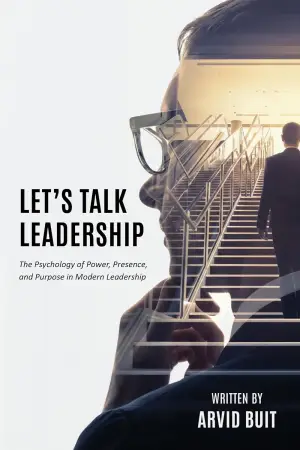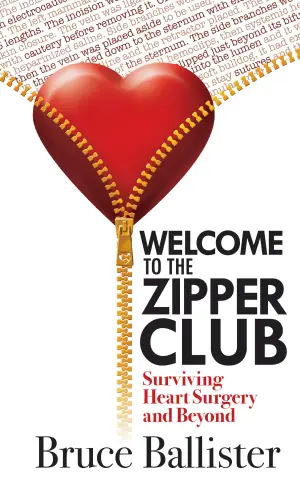Book Review: When the Body Says No: Exploring the Stress-Disease Connection by Dr. Gabor Maté
As a longtime enthusiast of literature that bridges science and personal development, I was drawn to When the Body Says No for its promise to delve into the intricate relationship between our psychological states and physical health. With growing curiosity about how emotional experiences influence illness, I felt compelled to explore Dr. Gabor Maté’s insights, especially considering his reputation as a compassionate physician and skilled writer.
From page one, it became evident why this book has reached bestseller status and been translated into 15 languages. Dr. Maté elegantly intertwines case studies and clinical findings, outlining his thesis that suppressed emotions and chronic psychological stress significantly contribute to various illnesses, including arthritis, cancer, and autoimmune diseases. His approachable style makes complex scientific concepts accessible to readers from all backgrounds, a sentiment echoed by others who have praised his ability to convey difficult truths without alienating his audience.
One of the strengths of this book is its thorough examination of real-life cases featuring well-known figures such as Lou Gehrig and Gilda Radner. These stories serve as poignant reminders of how our emotional lives can lead to physical consequences. Dr. Maté emphasizes the importance of acknowledging these connections, arguing that such understanding is crucial not just for patients but for medical professionals as well. I found this perspective enlightening and empowering, particularly when he introduces “The Seven A’s of Healing.” This framework offers valuable steps toward recognizing and addressing the emotional roots of our health issues.
However, it’s important to note that while the wealth of information is compelling, the book can also feel quite heavy. Some readers have expressed that it can be emotionally taxing, as it dives deep into traumatic experiences and the consequences of unaddressed stress. I can relate to this sentiment—there were moments when I had to pause to digest what I was reading. It challenges the reader to confront uncomfortable truths, which can be both enlightening and disheartening.
Another notable aspect that some critiques have mentioned is the pacing of the book. At times, especially when detailing medical research, it felt like the momentum slowed, which made it easy to lose focus. While I appreciated the depth of information, I also wished for a brisker cadence in certain sections to maintain engagement.
Despite these drawbacks, the book undoubtedly succeeded in providing a profound understanding of the mind-body connection. I found Dr. Maté’s arguments to resonate deeply, particularly when it comes to the interplay between personality traits and susceptibility to diseases. He presents scientific evidence that certain emotional patterns—like chronic stress and the need to please others—can lead to physical ailments. His assertion that “while we cannot say that any personality type causes cancer, certain features increase the risk due to their association with psychological stress” offers food for thought.
In conclusion, I wholeheartedly recommend When the Body Says No to anyone interested in the interplay of emotional and physical health. It serves not just as a narrative but as an invitation to explore our inner landscapes and how they manifest in our bodies. While it can be emotionally poignant and dense at times, the insights and potential remedies it presents make it a worthy and important read. If you’re willing to delve into the depths of the mind-body connection, this book is a powerful guide that could very well change your perspective on health and healing.
Discover the vital connection between stress and health in “When the Body Says No.” >>








